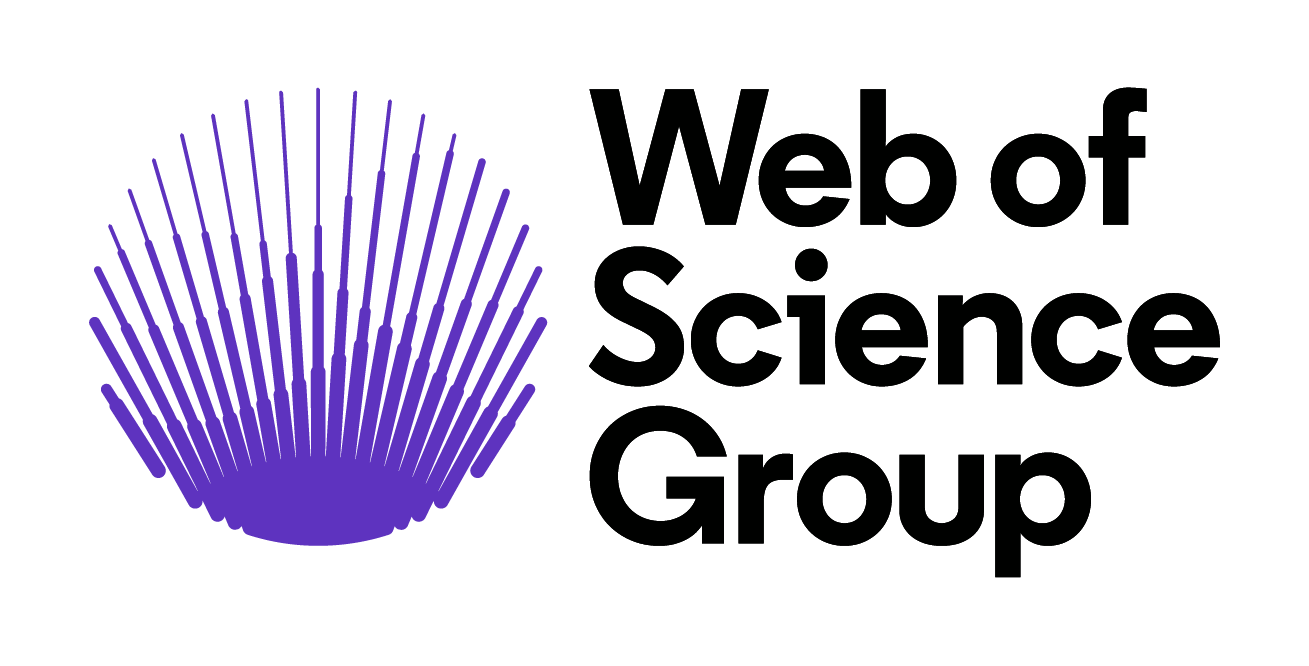STRATEGIC LEADERSHIP PRACTICES AND STUDENTS’ ASPIRATION OUTCOMES: WHAT WORKS IN MALAYSIAN VOCATIONAL COLLEGES?
DOI:
https://doi.org/10.31436/shajarah.v0i0.565Keywords:
Strategic leadership practices, in-service training effectiveness, Students’ aspiration outcomes, Educational leaders, Descriptive statistics, Structural equation modelingAbstract
The main objective of the study is to examine and confirm the
relationship among Malaysian vocational college leaders’ strategic
leadership practices, in-service training effectiveness and students’
aspiration outcomes. Survey approach was used for data collection
using an adapted five-point Likert scale instrument. A total of 500
vocational college educational leaders from sixty five (65) vocational
colleges (comprised 208 males and 209 females) participated in the
study. Descriptive statistics, and SEM statistical tool were used in
data analysis. The study revealed that Malaysian vocational college
leaders’ strategic leadership practices has significant direct and
indirect (through a mediator) causal effect on students’ aspirations
outcomes. The findings suggest that each vocational college leaders
should have a unique training plan based on his/her needs. Special
emphasis should be focused on inculcating the knowledge and skills
of strategic leadership practices among the Malaysian vocational
college leaders.


 Al-Shajarah:
Al-Shajarah: 
